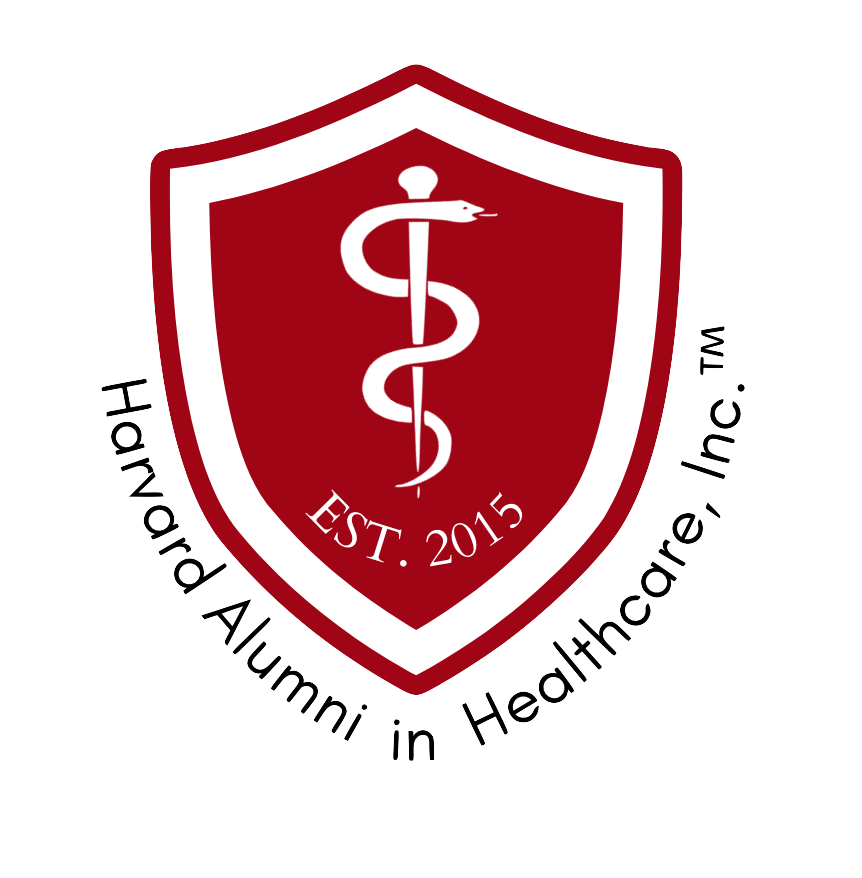Christopher Gilligan MD, AB '84
I’m Chris Gilligan, and I’m the Associate Chief Medical Officer of Brigham and Women's Hospital here in Boston. I’m also Director of the Brigham and Women's Spine Center, and I serve on the Faculty of Harvard Medical School as an Assistant Professor.
What has been the biggest challenge in your health care career?
I would say my biggest challenge in my healthcare career has been allocating time. There are a lot of different things that we try to balance, especially in an academic medical center, and it's a constant process to prioritize where you're going to put your time. No matter how hard you work, there's only a certain number of hours in the day.
How has your medical career been an unusual path?
I had an unusual path in that it actually was not planned. I broke my ankle very badly playing football in my sophomore year, and, at first, I was trying to do all of my history requirements as well as all of my pre-med requirements in four years. But after undergoing a couple of surgeries, I realized this would not be possible, so I knew that I was going to have to take an extra year. At that point, which was my sophomore year, I switched from completing everything [to go straight to medical school] in a four-year time frame to completing a degree in history in the four-year time frame and doing almost all of my pre-med from that point on during an extra year at the Harvard Extension School.
I studied calculus, physics, biology, chemistry, and organic chemistry during that post-grad year. I worked on some research right after I graduated from Harvard, during the summer of 1988: I worked with kidney transplants at Beth Israel Deaconess Medical Center with Professor Terry Strom who was an amazing, inspiring doctor and immunology researcher at Harvard Medical School.
What's been your happiest moment in your healthcare career?
This might be a common answer, but it really is the moment when you've been able to be part of a team that has saved somebody's life, especially when the odds were slim. In these moments, everybody on the team comes together and things fall into place, and you are able to save a life in a situation that once looked challenging at best. In other cases, it wasn't necessarily saving a life, but it was still achieving a great outcome for a patient in a bad situation where the odds looked long. These are really the moments that motivate you and the whole team.
How have mentors been an important part of your career?
I’ve had a series of mentors who have made a huge difference. Starting from when I was in high school, a microbiologist, Dr. Henri Dabernat became a close friend and mentor. Even though there was quite a big age gap (I was fifteen and he was mid-career) we became very close friends, and I was able to see how he approached his medical career and how passionate he was about it. That was very motivating. From that moment. I knew that I wanted to be a physician. Later, when I was in medical school, a surgeon, Irv Modlin, was a really incredible mentor and role model on approaching an academic medical career and conducting research. Terry Strom was another fantastic mentor, a nephrologist and scientist at Beth Israel Deaconess, who really showed me how somebody makes a life and a career out of being a clinician scientist. It involves taking care of patients and doing research, and that really made me see a path that I don't think that I even knew existed. Most recently, in my field in pain medicine, the the physician under whom I trained in fellowship, Jim Rathmell, MD, currently the Chair of Anesthesiology at Brigham and Women’s Hospital, has been a tremendous mentor through my fellowship, as I was joining faculty, becoming a division chief, and now as the Associate Chief Medical Officer. He's been a tremendous mentor and friend for learning how to take care of patients, to teach, to conduct research and to balance a life and a career.
With mentoring, it’s important for people to remember that it's a two-way street when somebody's mentoring you. What you do is equally important as what they do and in making the mentoring relationship productive, successful etc. It's really a combination of what both parties contribute.
What is your greatest piece of advice?
Think about all the things that one can do in a healthcare career. Everybody will think of becoming a good doctor and taking care of patients, but it’s important to remember that there are other critical things that one can do in addition. One can contribute to research to help find better treatments for diseases, better tests to detect diseases etc. or contribute through teaching the next generation how to take great care of patients.
How has history helped your medical career?
To this day, the one thing that has been very helpful to me has been the important skill of knowing how to communicate orally and in writing. In a leadership role, I believe it is critical to share a clear vision with the members of the team about what are our values and priorities. Also, I serve as Editor-in-Chief of a medical journal and find that my training in history at Harvard as an undergraduate has been extremely helpful for that work. My history professors taught me how to go through a huge amount of information, pull out the relevant facts, formulate an analysis, and then write and share my thoughts with others.
Christopher Gilligan MD
History | AB 1984
Associate Chief Medical Officer at Brigham and Women's Hospital
Compiled and interviewed by Katie Garcia

